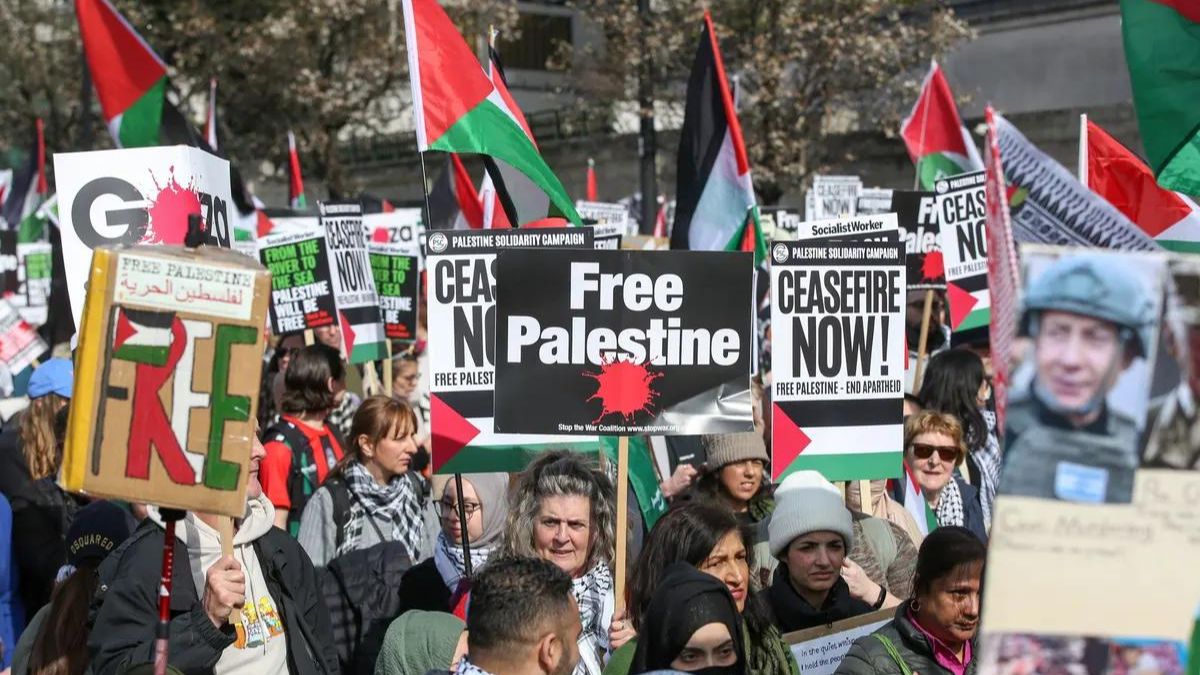Leading media outlets have been criticized for allegedly banning Palestinian content related to the conflict between Israel and Hamas. The emergence of allegations of “shadow banning” – which means banning or restricting content – has led to scrutiny of platforms such as Snapchat, Instagram and Facebook. But tech companies have denied the allegations, saying they are committed to promoting social networking while keeping users safe.
Queen Rania Abdullah of Jordan criticized the platform for allegedly banning Palestinian content, highlighting the difficulties users face in proving their ability to participate in censorship. Among the allegations, Human Rights Watch expressed concern about the reliance on technology in content, particularly in interpreting content related to Palestine.
Snapchat Middle East and North Africa vice president Hussein Freijeh defended the platform’s role in the region, citing the use of algorithms and human agents to keep the community safe. Since social media is the main source of information for many people in the Middle East, covering controversial topics has major implications.
The ban on foreign journalists from entering the Gaza Strip has increased the importance of the conflict through an online platform for publishing information. Issues around censorship and moderate content have become more important as young people in the region rely on the media for news.
Reports of “shadowbans” and content removals have caused concern, especially among Instagram users who share videos or content containing conflicting language. Some users claimed their posts received low engagement or delayed views, raising questions about the platform’s algorithms and community management processes.
Meta, the parent company of Instagram and Facebook, has voiced concerns about selective content censorship by introducing a verification feature. A report by Human Rights Watch documented more than 1,000 removals of Palestine-related content, prompting Meta to assert its rights as necessary to keep the platform safe.
In response to the allegations, Meta reiterated its commitment to providing a platform for more groups. while the audio admits occasional errors in medium content. Despite these assurances, concerns remain that Palestinian discourse on social relations may be erased during the crisis. As the information landscape continues to evolve, debates about content moderation and censorship in digital spaces continue to be at the forefront.


